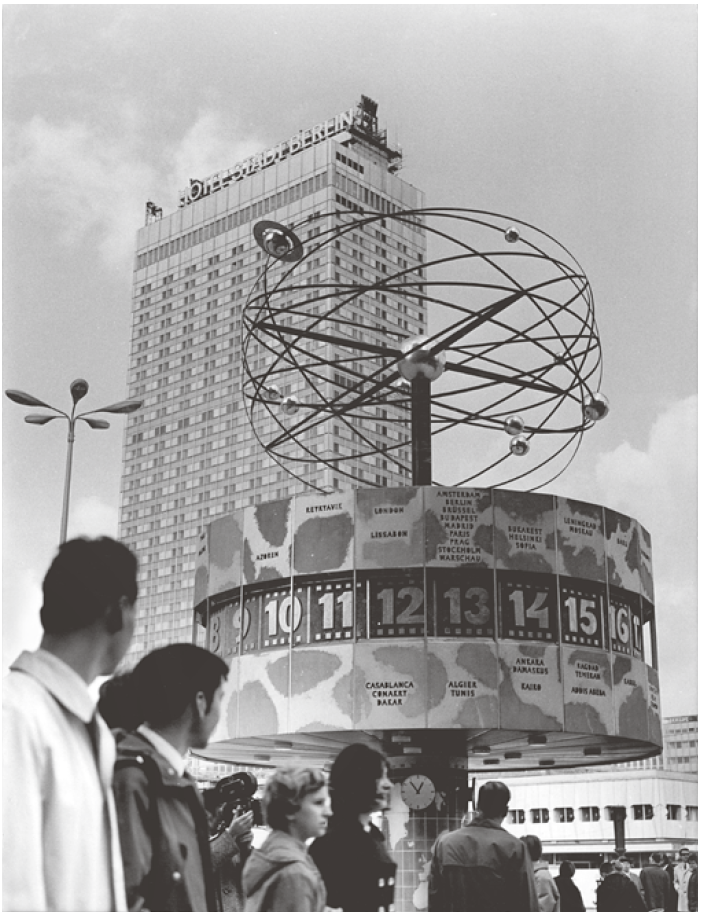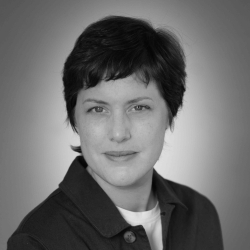‘The City of Tomorrow’ in the GDR? Media reporting on architecture and urban development projects (1965–1975)
“The City of Tomorrow” in the GDR? On media narratives of architecture and urban development projects (1965–1975)
In 1957, the urban development exhibition, Die Stadt von morgen [The City of tomorrow], was opened in West Berlin as part of Interbau, being shown alongside a number of prototypical, modern, residential buildings. Meanwhile, the de-Stalinisation of architecture and urban planning established at the First Berlin Building Conference of 1955 opened the way in the GDR to the industrialisation of the building industry and to planning principles governing functional urban development. Despite the insurmountable political, ideological, cultural and social variances between the FRG and the GDR, at the time the modern city appeared to be witnessing parallel developments in both countries.
‘Socialist Modernism’ has been the subject of analysis by both urban development and art history scholars, through the perspectives of official doctrines, the cultural context and the specific conditions of production in the GDR. The issue of its reception by the public, and the way in which the media reported on the modern city in the country, remain to be researched. Whereas in capitalist states, the modern city was largely thought of in conjunction with the utopia of technoscience and an unbridled enthusiasm for progress, this reading cannot be simply carried over to the GDR, where societal practices – as well as the relationship to images and historical time – were structured by the country’s Marxist-Leninist world view. What effect did this context have on the reception by the East German public of modern urban development and architectural projects? Was the concept of “modern” architecture and urban planning associated with the capitalist model even valid there as a means of describing counterpart developments in the socialist country?
Using archival material, which throws light on the production, dissemination and reception of the narrative of the “city of tomorrow”, as found between the mid-1960s and the mid-1970s in the press and in film and television productions, as well as large exhibitions, this research project aims to produce a history, in reference to both architectural and art history, of the modern city within socialist regimes, its founding ideological principles and the construction by the media of related societal narratives.
Presentation of the research project on the website of the Max Weber Foundation
 Photo: The World Clock on the Alexanderplatz, Berlin, 3 October 1969. Photo: Peter Koard (Source: Bundesarchiv Bild 183-E1003-0001-0001)
Photo: The World Clock on the Alexanderplatz, Berlin, 3 October 1969. Photo: Peter Koard (Source: Bundesarchiv Bild 183-E1003-0001-0001)



